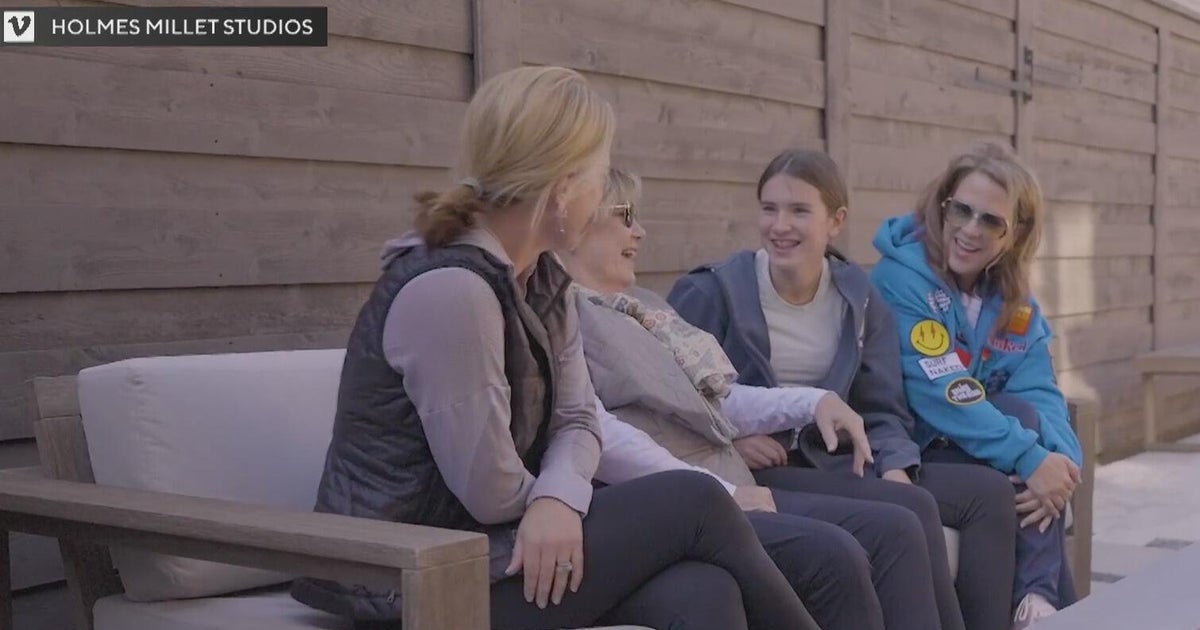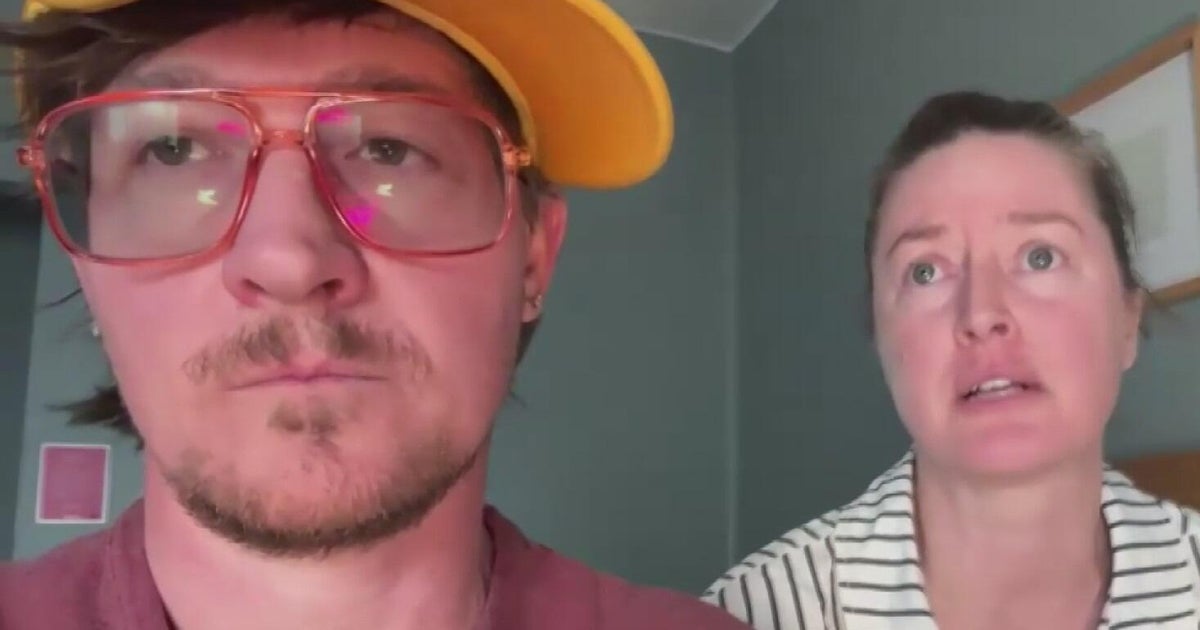Gene Therapy Could Be 'Game Changer' For Hemophiliacs
SAN DIEGO (AP/CBSDFW) — In what's being called a landmark study, researchers using gene therapy have successfully treated six patients with severe hemophilia B, a blood-clotting disorder.
The study, still preliminary, involved giving a single infusion of genetic material from a virus found in rhesus monkeys to the patients, all adult men living in London.
The new study was led by researchers at the University College London Cancer Institute and St. Jude Children's Research Hospital in Memphis, Tenn.
Hemophilia is an inherited, potentially life-threatening disorder affecting an estimated 20,000 Americans, almost all of them males. Their blood doesn't clot properly because of a faulty gene.
Hemophilia B, also called Factor IX deficiency, is found in less than 3,500 people in the United States.
The single infusion using the new treatment worked in some patients for more than a year, boosting their clotting ability significantly.
"I think this is a terrific advance for the field. It's a good lesson in terms of don't give up on good ideas," said Dr. Ronald Crystal, chairman of genetic medicine at New York City's Weill Cornell Medical College.
Other promising early attempts to use gene therapy against hemophilia in the late 1990's ultimately failed. "We couldn't make it last," said Val Bias, chief executive of the National Hemophilia Foundation.
It's "truly a landmark study," said Dr. Katherine Ponder, a Washington University School of Medicine physician. She praised the research in an editorial that accompanies the study's publication in the New England Journal of Medicine. The research was presented Saturday at an American Society of Hematology conference in San Diego.
News of the study spread quickly through the hemophilia patient community. "Gene therapy is the true game changer for hemophilia. It sets a whole new paradigm for managing this disorder," said Kimberly Haugstad, executive director of the Hemophilia Federation of America.
Shannon Brush of Southlake is a mother of 3. She has a 9-year-old with severe Hemophilia B. "It shows promise is on the horizon," said Brush.
Still, there is some cause for caution. In one patient, the level of liver enzymes shot up to five times normal levels. And researchers say the treatment could trigger hepatitis in some patients.
"As a parent, you walk the line with a risk to the child, but progress has been made quickly on this," said Brush.
Experts said the new method needs to be tested on many more patients to confirm it is effective and prove there are no major risks.







